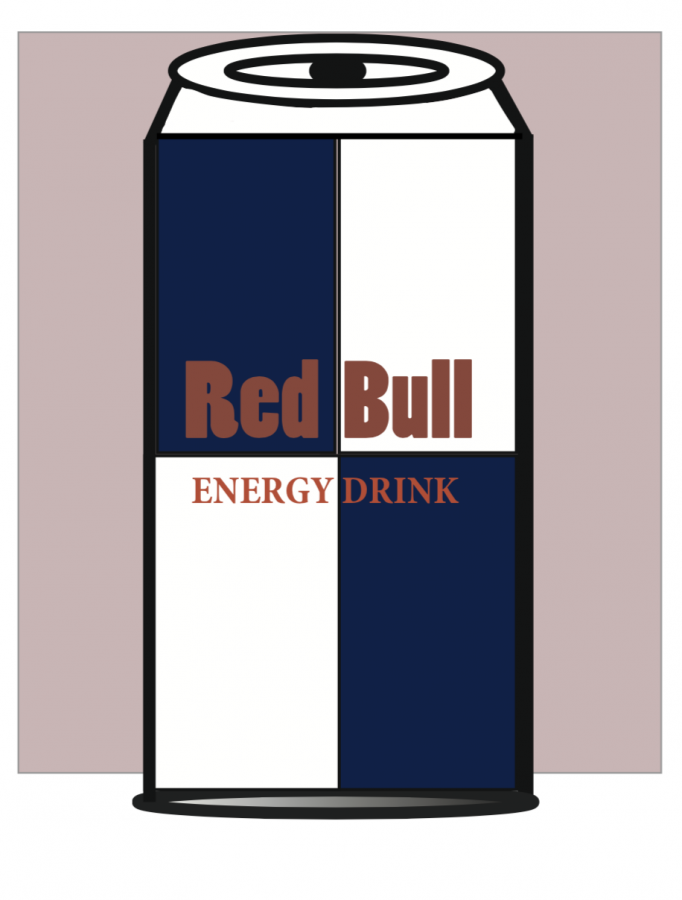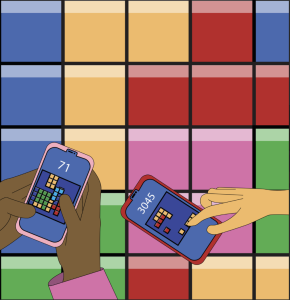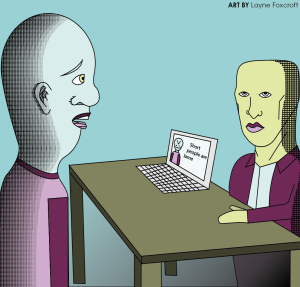Energy Drinks: Helpful or Harmful?
Arushi Sharma & Faith Lawrence
While drinking small amounts of energy drinks, such as Red Bull, every now and then is acceptable, drinking it often or substituting it for less processed drinks is incredibly unhealthy.
February 26, 2020
Energy drinks first entered the scene in 1962, traveling from Japan to present Americans with an amplified dose of caffeine and sugar. Since then, they have been steadily growing in popularity and has become a vital industry all across America.
Most energy drink companies target 18 – 34 year olds, inevitably leading to caffeine addictions from a young age. In fact, a study by Mintel U.S. shows that over 61% of Millenials drink energy drinks.
While many Americans use them to maintain their function in everyday life, is it really good for the body? There are several risks associated with energy drinks. The Caffeine Informer released a study of the symptoms of excessive energy drinking: headaches, pervasive tiredness, easy irritability, lethargy, constipation, depressive tendencies, muscle pain, stiffness, and cramping, loss of concentration skills, allergies, intense and persistent insomnia, nausea and vomiting, and anxiety.
While these issues alone aren’t a large problem, they stimulate high dependency for highly-processed products. Addiction to concentrated, caffeinated beverages primes an individual for higher risk of addiction in drugs and alcohol, as reported by Mintel U.S. In fact, 42% of energy-drink related ER visits involve drug substances or alcohol, and the reported cases associated with energy drinks have doubled from 10,000 ER visits per year to over 20,000.
Not only that, but energy drinks have large quantities of sugar. The recommended sugar dose is 19 teaspoons per day﹣however, most energy drinks contain at least 21 teaspoons of sugar. This is not only dangerous for the body, but it’s the cause of many health problems resulting from excessive energy drink consumption.
While drinking small amounts of them every now and then is acceptable, drinking it often or substituting it for less processed drinks is incredibly unhealthy. The small boast of energy may help in the moment, but in the long-run, it only provides empty calories and no nutrients.
The human body is a machine, which should be maintained. Energy drinks are equivalent to a rush of dopamine. No one wants to experience the sugar crash afterwards, so they crave them more and more and maintain an unattainable energy level. Instead, people should push for more natural liquids like smoothies, teas, and water. Sustainable healthiness requires the right ingredients and constant work, which all starts with ditching the adrenaline rush and building natural consumer habits.










